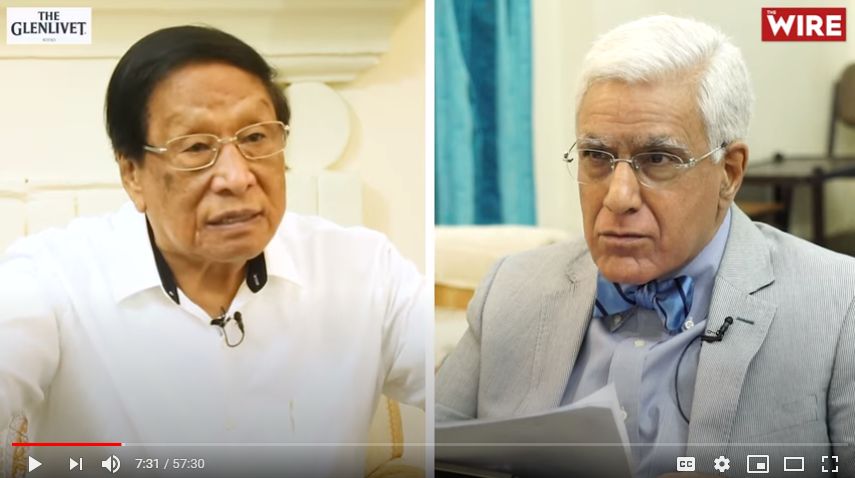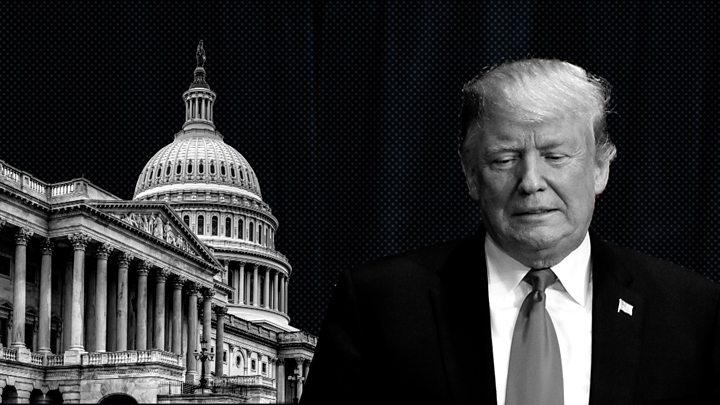‘Ayushman Bharat has not done anything to prevent corruption’
Healthcare expenses can be lowered by eliminating corruption, say experts.
Former Union Health Secretary Keshav Desiraju said on Monday that the designers of the Ayushman Bharat scheme have not done anything to prevention corruption from taking place.
“It’s a fairly-well conceived programme. However, the way in which it is structured does nothing towards addressing the specific points at which corruption has been known to occur,” he said.
Mr. Desiraju was speaking at a discussion organised by The Hindu Centre and the Oxford University Press at The Music Academy. The discussion was moderated by N. Ram, chairman of The Hindu Publishing Group; Mr. Desiraju spoke on Healers or Predators? Healthcare Corruption in India, a book he edited with Samiran Nundy.
“We still have a system where everything depends on a limited number of people providing a scarce resource. All the corruption that we see in healthcare comes from the fact that a limited number of people need to provide an essential service to a vast population. As long as this imbalance continues, that corruption situation will continue,” said Mr. Desiraju.
Nephrologist and Padma Bhushan awardee M.K. Mani, a contributor to the book, was critical of the various insurance programmes started by State and Central governments. He said that government-run facilities would improve if those who avail of government funds are forced to use only government hospitals. “The government has abdicated its responsibility to maintain a centre of excellence for looking after the care of people. Maybe the All India Institute [of Medical Sciences] is an exception, but I can tell you definitely, that as far as this State [Tamil Nadu] is concerned, the government hospitals are no longer the leaders,” he said.
Dr. Nundy, emeritus consultant at New Delhi’s Sir Ganga Ram Hospital and one of the editors of the book, said 25% of healthcare expenses can be lowered by eliminating corruption. “For instance, the MRI person on PUSA Road near Ganga Ram Hospital, where I work, gives a ₹3,000 kickback to doctors who refer patients,” he said.
Dr. George Thomas of the St. Isabel’s Hospital in Chennai, who contributed to the book, said that Indian society had failed to protect doctors in the public sector. “Corruption is inset when you have two systems: a private system for the well-off and a public one for the poor. The poor doctors who look after the poor will be treated poorly, will be looked down upon and every doctor will try to be in Apollo,” he said.
While summarising the book’s arguments for his audience, Mr. Ram said that its title provoked thought. “The question is whether corruption in the healthcare system has been normalised or whether it is a pathological condition. The book tends to lean to the view that it has become normalised and that it has become the rule rather than the exception,” he said.
Source: The Hindu, October 2, 2018.







 The Top Viral YouTube Videos of 2017
The Top Viral YouTube Videos of 2017 What Does Your Face Say About Your Health?
What Does Your Face Say About Your Health? An orbiting message of peace
An orbiting message of peace The last Konyak headhunters of Nagaland
The last Konyak headhunters of Nagaland










Leave a Reply
Your email address will not be published. Required fields are marked (required)